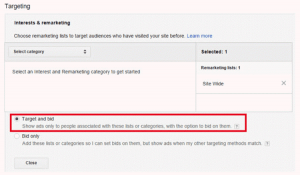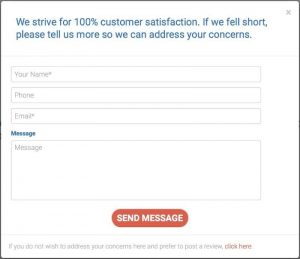Did you just start a business coaching service? If you did, you will need to have a step-by-step guide for your clients. This guide should focus on the various components of running a successful business, including marketing, sales, conflict resolution, leadership development, organization, and communication. Your step-by-step guide should cover all of these topics and in great detail. There are however, some important points you need to make and stress. What are they?
First, you are just a business coach. Some business owners do not understand exactly what a business coach is any many times expects them to do much more. Explain that you are just like a football coach. You will teach your client and other team members the plays. You will practice these plays with them and then watch them perform alone. At the end, you will provide feedback, just like a football coach does. Make sure your client knows that action is required on their part. You will not do all the work. If they do not understand this, then everyone’s time is wasted.
All employees must be responsible for their actions and held accountable. Most of the largest problems arise with small business owners. They have developed close relationships with their employees. They want a healthy workplace environment, so conflict is avoided. This is good, but at many businesses, poor performing employees are able to slide under the radar. Everyone has excuses and sob stories; your client will have one too if they do not start turning their business around. Stress this point.
Management must handle poor performing employees. With small businesses, the company owner is typically the manager. They handle the day-to-day management tasks. With medium sized businesses, these tasks are delegated to trained professionals. In these instances, stress the important of management, accountability, and leadership development. Management should handle all poor performing employees, not let them get away with poor productivity and performance. Yes, this may involve letting someone go, but management must be trained in and know the importance of putting the company first.
Sales must increase. To make money, a business sells either a product or a service. To run a profitable business, sales must increase. Stress this importance to your client. Once again, you are a business coach, so feed them ideas. In a retail setting, encourage multiple sales, up-sales, and a knowledgeable staff. This should lead to increased profits. Also, focus on marketing. No one will buy a product or service if they do not know it exists. This is important for new business owners, as most mistakenly believe that if they have something for sale, people will automatically buy it. As a professional in business management, you know this is not true.
Cost must be lowered. Increased sales generate increased profits. With that said, it is important to look at the whole picture. Making $ 25 from the sale of a handmade toy is nice, but could that profit be higher? It can and should be. Stress the importance to your client of low operating costs. Plainly state it will increase business profits. Give them ideas to get started, watch, analyze, and provide suggestions. Make it known that you do not always have to use poor quality building materials or terminate employees to lower costs, there are additional ways.
There is a good chance that your step-by-step business coaching guide will cover all of these points. They are however, very important to running a successful and profitable business. Mention them again and again, until your client truly understands their importance.
The guide you provide your clients should be your blueprint on how you are going to operate and interact with them. It needs to have all details of what you are specifically going to do for them and what will be expected of them. If everything is spelled out properly and you have gone over each of the points of the guide, there should be no surprises for either of you and your client will appreciate the experience and a turn-around in their business.
(291)




